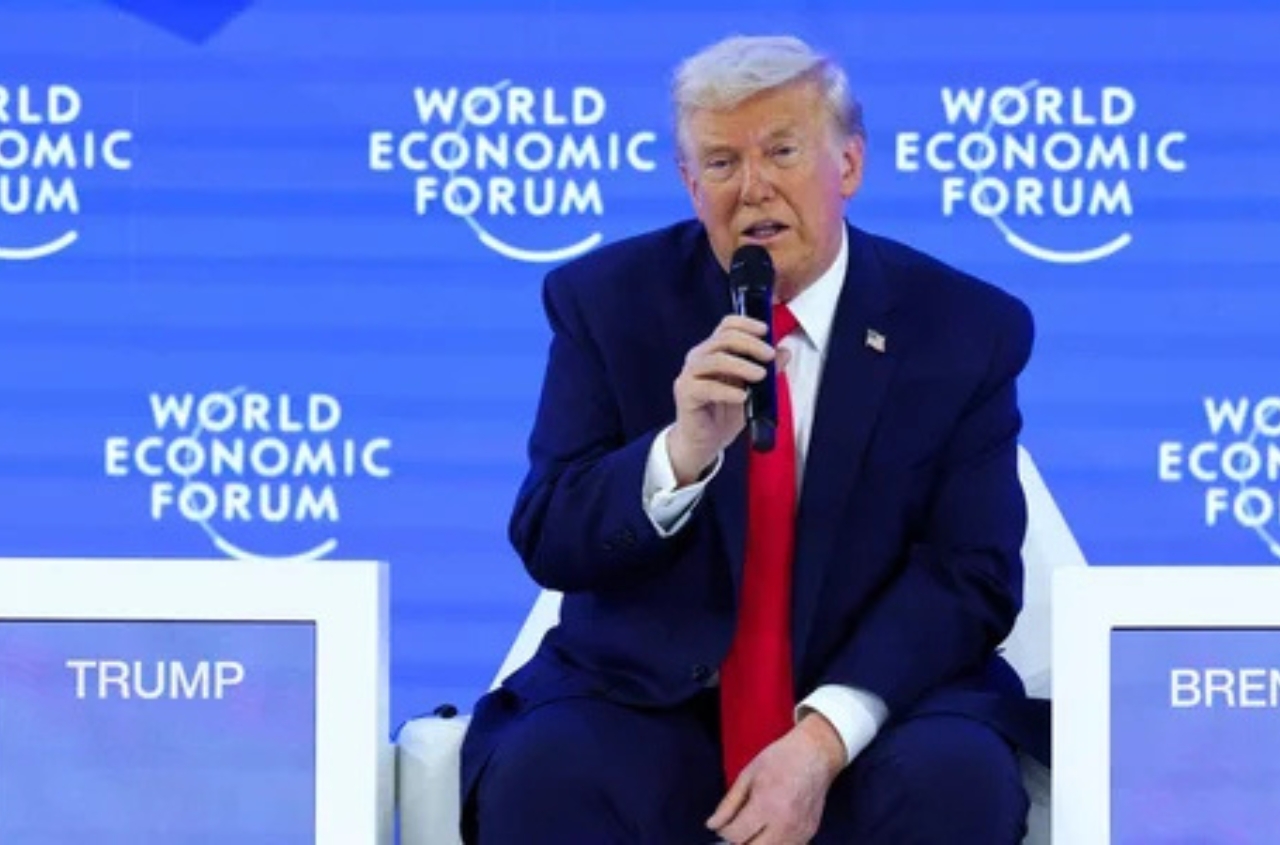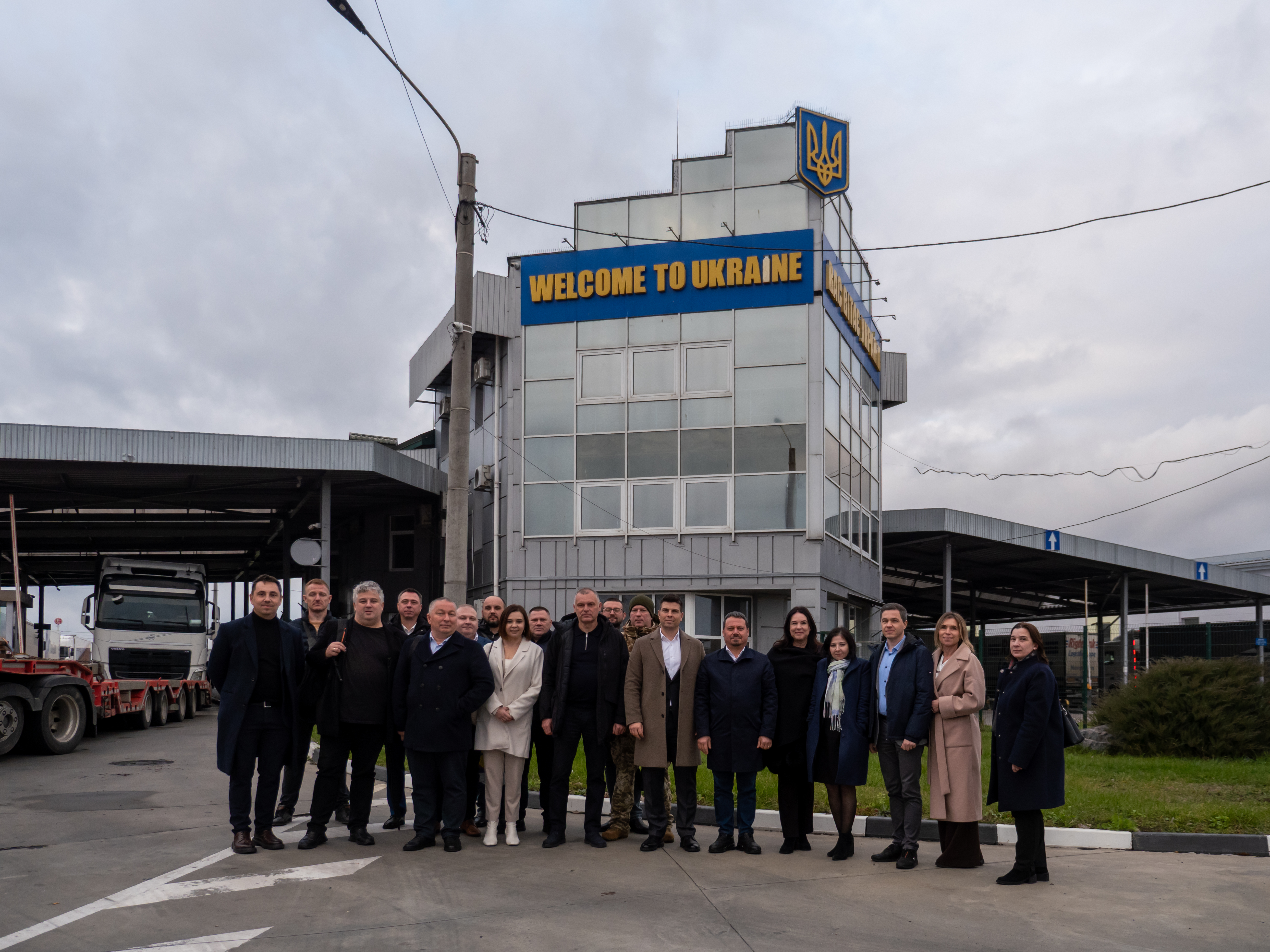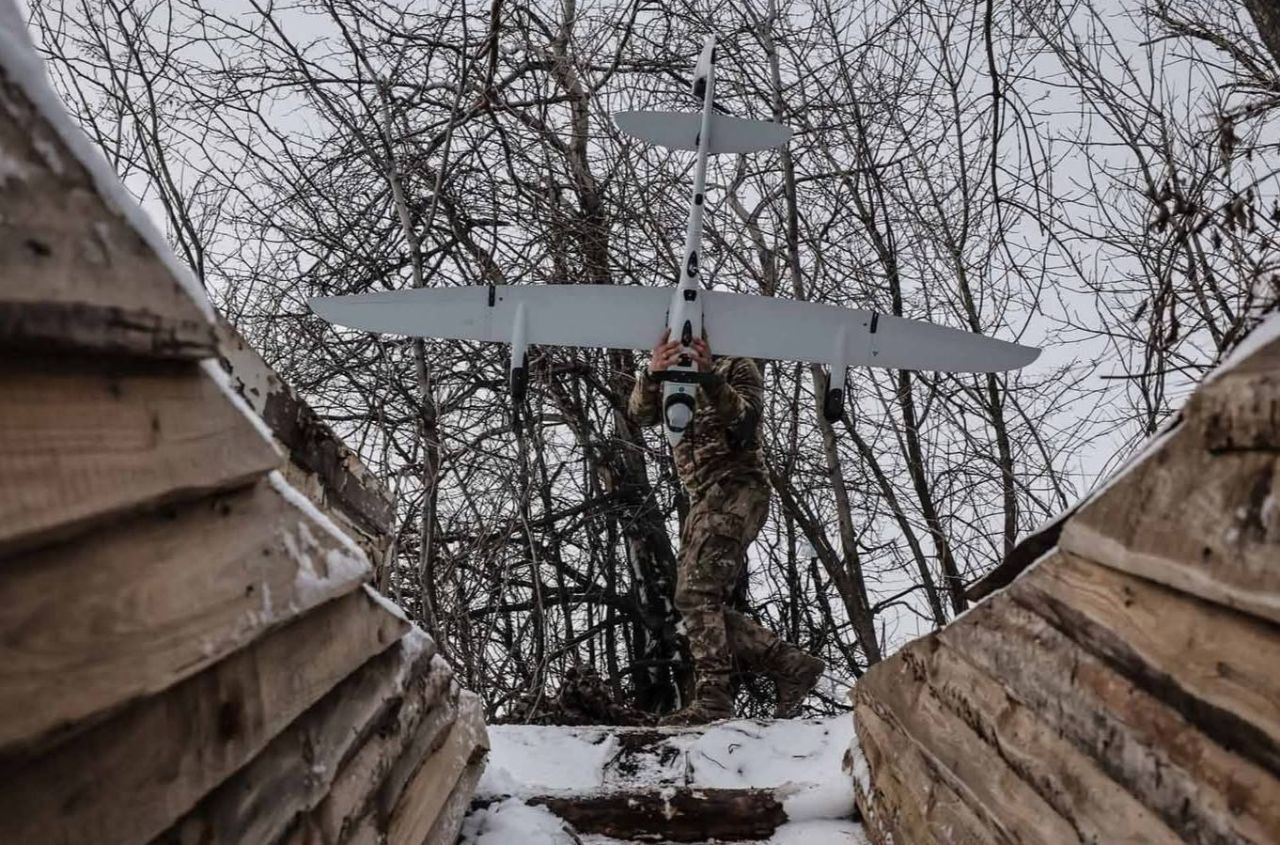In the Russian State Duma, they started talking about creating a "Persian hub" - a new transport hub in one of the Iranian ports, which will be used mainly for supplying wheat and other grains from Russia.
The Eastern Herald writes about it.
The costs of Russian exporters of agricultural products within the "grain agreement" framework have seriously increased; the one-time commission for a money transfer now reaches 7% of the amount payment due to “exchange risksâ€.
For six months, from mid-September 2022, within the framework of the North-South international transport corridor, the organization of a logistics channel from Russian ports on the Volga in the Ulyanovsk region to the Iranian port of Enzali and customs terminals and a warehouse in Qazvin worked.
At the beginning of December 2022, as part of the XIV International Forum "Business Climate in Russia", a memorandum was signed, which will allow the launching of the large-scale project “Middle Volga – Enzali – Qazvin†for the direct delivery of "river-sea" cargo. It was reported that the route should have a two-way orientation and show all the advantages of "free ports". At the same time, an agreement was concluded on the supply of wheat to Iran with the company Shamsazar of 600 million rubles.
Also, Russia and Iran plan to combine into one system the transit of goods from the Indian Ocean basin through the ports of southern Iran and their delivery by Iranian railways to the ports of the Caspian Sea. The Iranian government fully supports the project.
It will be recalled that Erdogan reacted to Putin's offer to supply grain to the poorest countries in the world for free. He stated that Turkey is ready to buy grain to grind it into flour and send it to the final destination in this form.
In addition, the President of Turkey noted that his country is ready to facilitate the supply of fertilizers produced in Russia to poor countries.





















